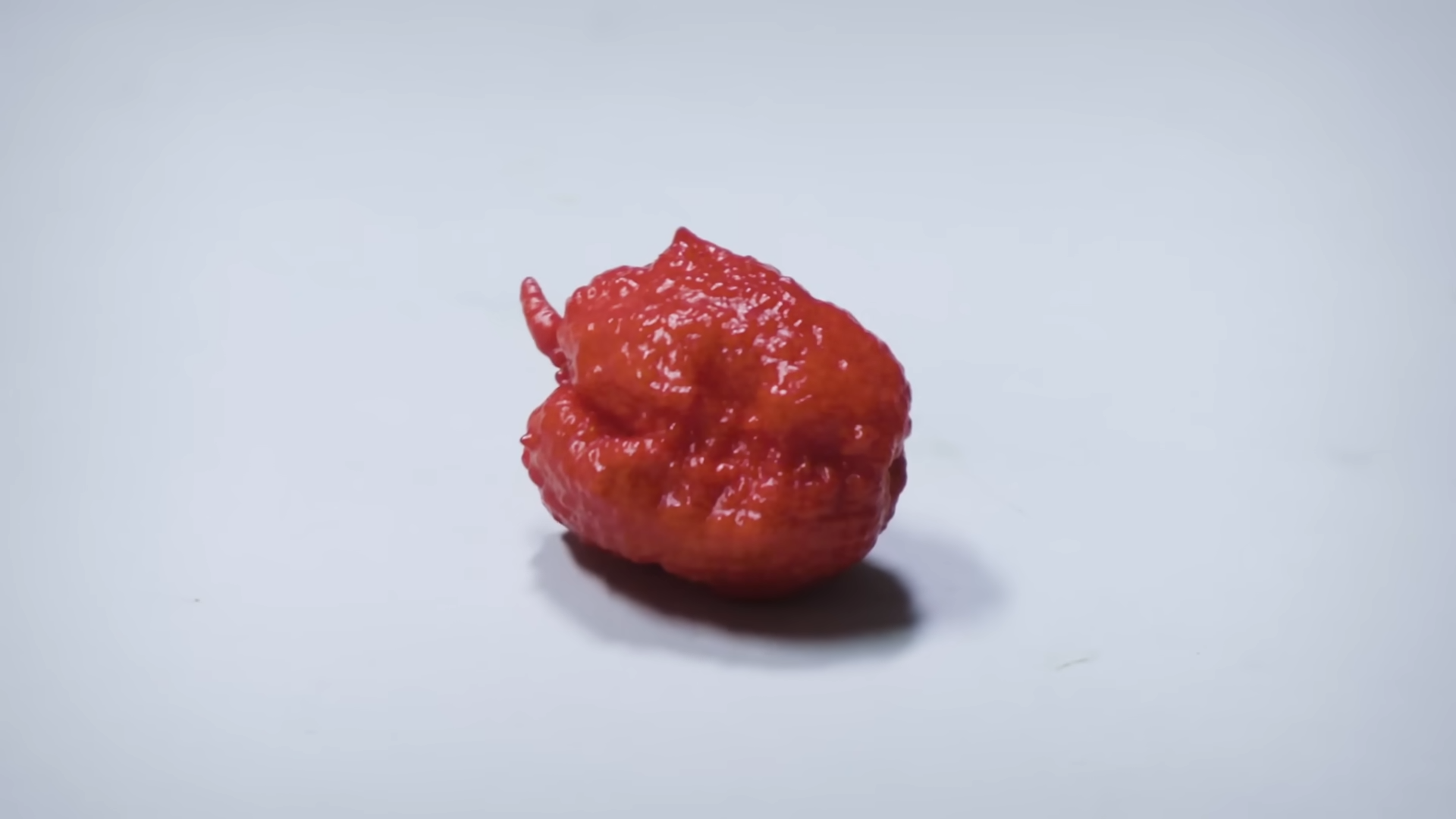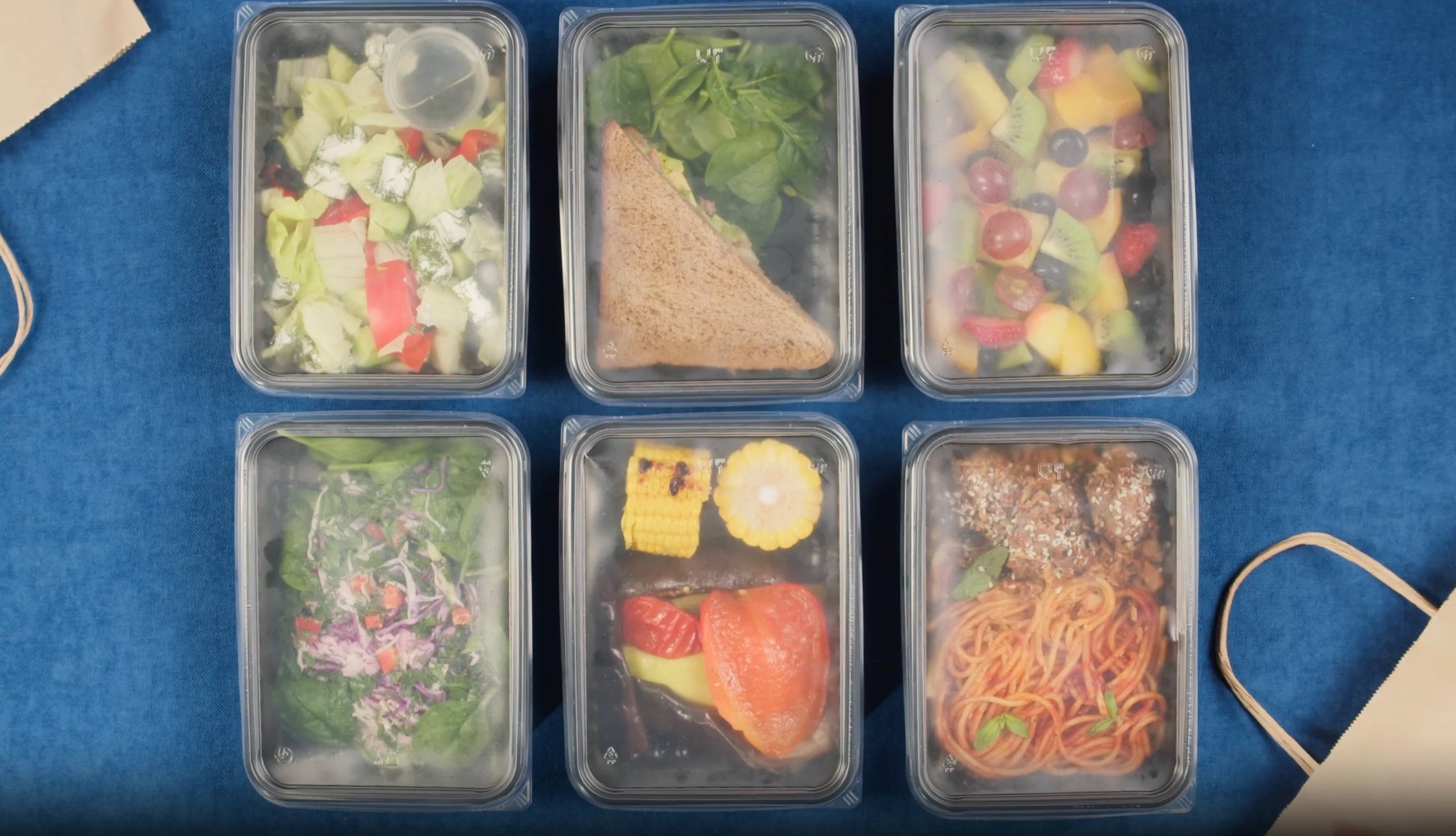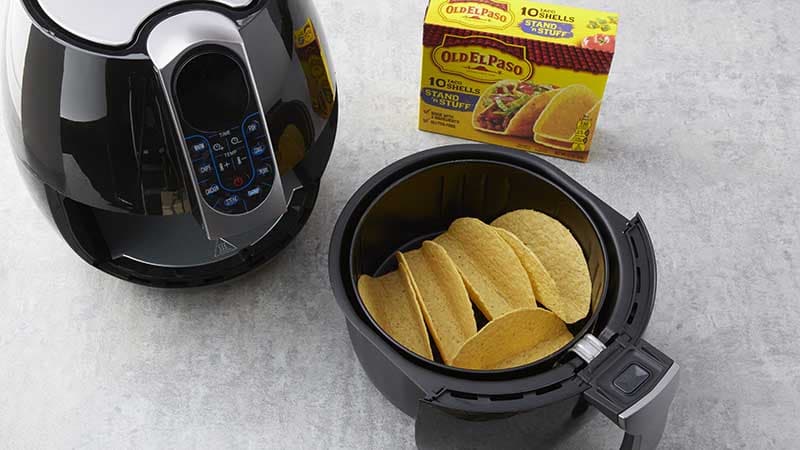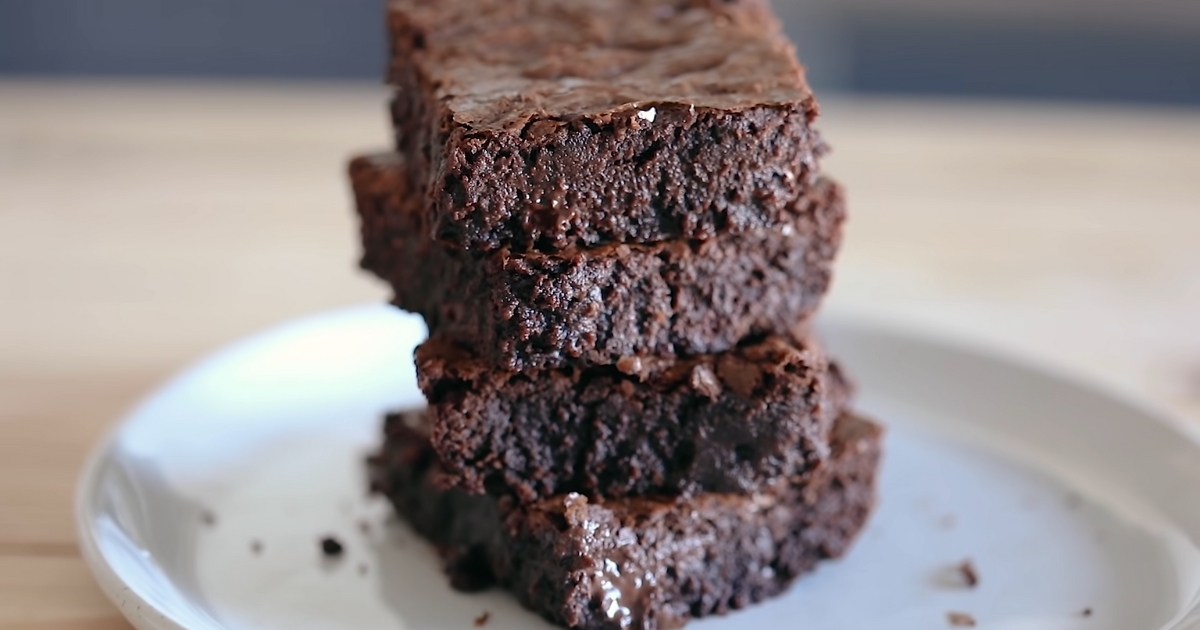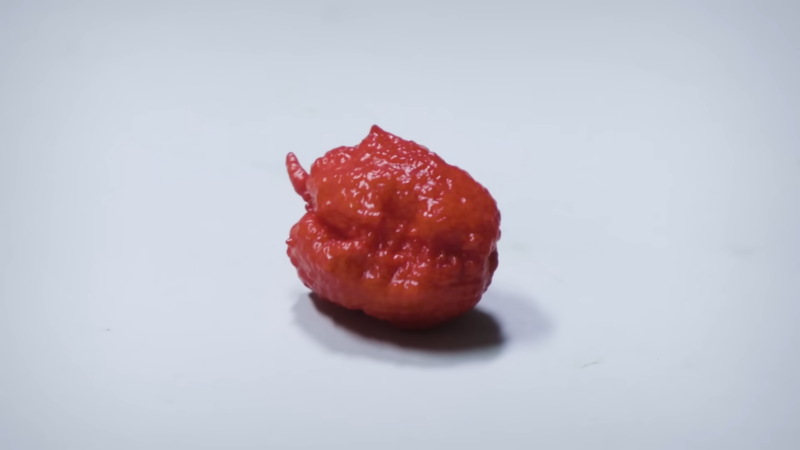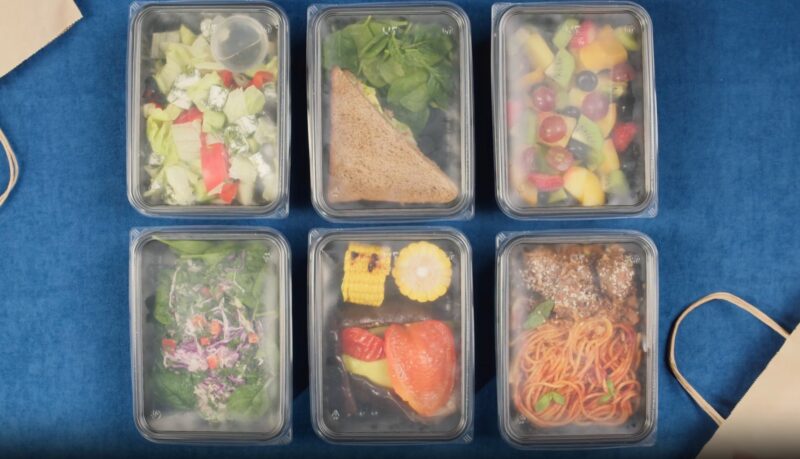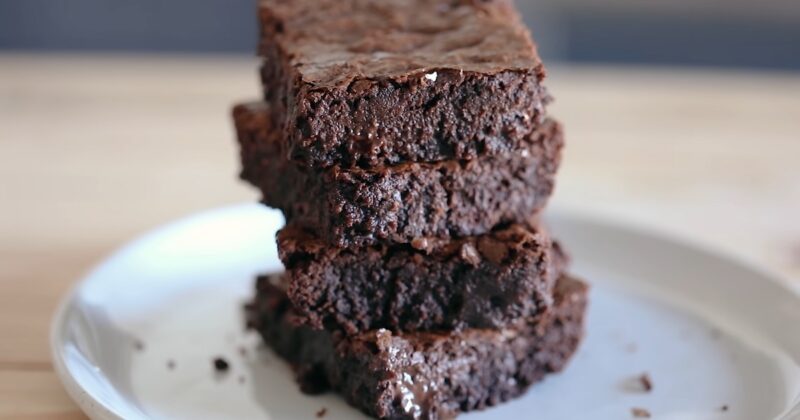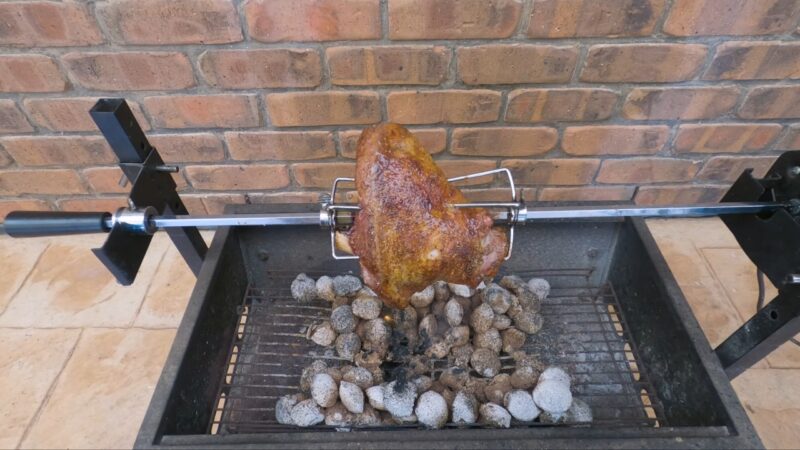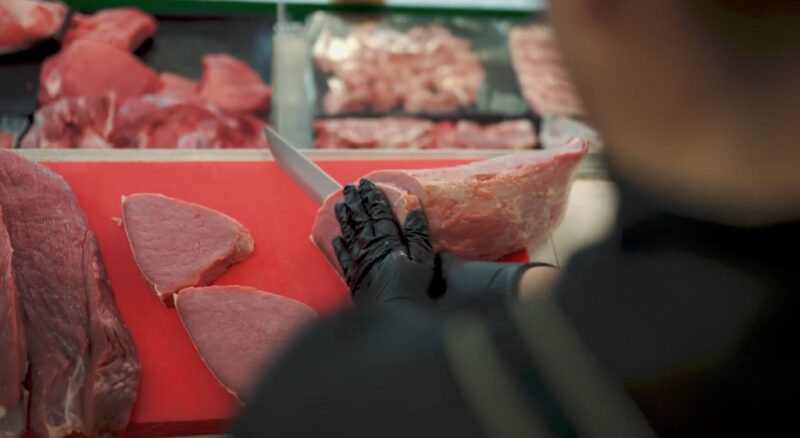
I see that you’ve cooked more than you can eat. Was it a party leftover or do you just love pasta so much that you need to store some in case the cravings come (or is that just me)? The truth is the length of time that you can keep pasta in the fridge depends on some factors that you need to consider.
Storage, ingredients, and the cooking method play an important role in making your pasta last longer in the fridge. If you like to experiment and find out more about it, then let’s learn the basics!
Table of Contents
ToggleFor how Long Can You Leave It in The Fridge?
If you store your plain cooked pasta the right way, it will last a maximum of 7 days in the fridge and a maximum of 8 months in the freezer. However, with sauce, it is advisable to use it in 4 days’ time. The healthy delivery idealnutritionnow.com
Beyond this length of time, it is better to dispose of the food before it becomes dangerous to your health. The cold temperature prevents mold growth and reduces the chance of spoilage.
Do you know that even the pasta recipe matters when storing this delicious food in the fridge? Don’t be surprised; A sprinkle of cheese or a bit of sauce can cause a difference. Hence, it is essential to learn some techniques to ensure that your food will not go to waste.
How to Store It the Correct Way?
Whether it’s leftovers or freshly cooked pasta, there should be a correct way to store it and preserve the freshness so you can eat it later. Take note of the little facts since they will determine how your meal will turn out after storing it in the fridge.
Plain Cooked Pasta
- Cooked pasta left to sit out in the open for more than a couple of hours will turn bad quicker than expected. If possible, pack the excess food right away after cooking and seal it well. You will need a close-fitting lid to store it in or a zip-top bag. A bit of butter or oil is required too.
- First, drain excess water properly and run it with cold water to lessen the stickiness.
- You need to place the food in the container box or bag and drizzle it with oil. Any type of oil will do, although olive oil is my favorite when it comes to pasta dishes. Another way is to blend a portion of melted butter into the dish ensuring that it’s fully coated to prevent it from sticking together. Make sure not to put too much.
- Never forget to let your freshly cooked dish cool down first before sealing the lid.
- Ensure that you close the lid tightly to prevent air from coming in. It’s best to use a container box that is a perfect size for the amount of pasta you need to store. This way, there is no extra space for air. The minute it’s exposed to air, the moisture is tempting for bacteria to thrive in. When using a bag, squeeze the air out first before sealing. It’s best though if you have a vacuum sealer.
Pasta with Sauce
You can choose as you please. Either store pasta with sauce in the fridge separately or pre-mixed. I prefer storing it separately for mine. At least, I can use pure pasta with another recipe when needed.
Pasta chilled in the fridge is also suitable for salads, casseroles, and frittata. You can use it directly from the fridge.
Besides, storing it with its sauce can make the quality soggy after a while. However, if you plan to eat it the following day, storing it together with the sauce is perfect. By then, the sauce must have penetrated the noodles making the dish more flavorful.
The storing steps used for cooked plain pasta are also applicable to pasta with sauce.
Do you know that cooked pasta with eggs, tomato sauce, and cheese spoils faster than those without? Therefore, watch out for these ingredients and take a little precaution.
General Tips for Refrigeration

Refrigerators are a considerable help when storing cooked food. This is indeed a significant contribution to the kitchen in general. If you’re dependent on the fridge, you must keep in mind the following general rules.
- Maintain cleanliness in your kitchen. You don’t want your food to be contaminated with bacteria while cooking.
- It’s best to store cooked food in the fridge right away. (don’t let it sit at room temperature for more than two hours)
- Choose a shallow container box with a tight-fitting lid or a zip-top bag. The lesser the moisture content, the lesser risk of bacterial or mold contamination.
- As much as possible, seal the food tightly to prevent air from getting inside. Besides, doing so prevents the absorption of other odors present inside the fridge.
- Store in small portions for convenience. It would be easier for you to reheat the dish for just the right amount that you want to eat.
- Always put a label each time you store. Indicate the exact date of storage and the type of dish for easy monitoring of the expiry date. I recommend practicing the FIFO (First in First Out) system. Use a permanent marker when writing the date.
- Don’t forget to always check the quality of the dish before eating after taking it out from the fridge.
- Once taken out from the fridge, NEVER store it back. It’s best to take only the amount that you can consume.
How to Tell if The Pasta Has Gone Bad?
You should know when your food is no longer safe to eat. Otherwise, your health would be at stake. Pasta goes bad quickly when stored improperly. Unless you are certain, never go to the extent of tasting it. Hence, never gamble your health by practicing proper hygiene and abiding by food safety tips.
These are signs that you can no longer eat the food. If you notice any of these, discard it right away.
- Bad smell
- Discoloration because of molds
- Change of texture
- Dull and slimy appearance
- Sour taste
- Do you know that when pasta is stored longer, the original flavor also changes? The longer it is stored, the less it will taste good.

Are all types of pasta the same?
It’s useful to know the duration different types and preparations of pasta can be expected to last in the fridge before they need to be thrown away. The estimated fridge-lives of various pasta types are primarily based on the main ingredient – for example, whether it’s made from lentils, wheat, or eggs.
| Pasta Type | Refrigerator Shelf Life |
|---|---|
| Homemade fresh wheat | 4-5 days |
| Store-bought fresh wheat | 1-3 days |
| Cooked wheat | 3-5 days |
| Lentil-, bean-, or pea-based | 3-5 days |
| Gluten-free | 3-5 days |
| Tortellini or other stuffed pasta | 3-5 days |
| Lasagna or other cooked pasta with sauce | 5 days |
Keep in mind that these are general guidelines, and individual dishes may vary, but most cooked pasta can be assumed to last for less than one week.
It’s essential to inspect your food and ensure there are no signs of spoilage before consuming it.
Reheating Your Pasta
What else comes next after storing but reheating? Reheating is easy in three different methods. You can use the microwave, cooktop, and oven.
- Oven: Reheating pasta in the oven only takes 20 minutes at 350 deg. F. Make sure to place it in an oven-safe bowl and cover with foil.
- Microwave: Place your food in a microwave-safe bowl and toss in a splash of water before reheating. It would only take a minute or two before it’s done.
- Sauté on the stove: My usual choice is either the microwave or the oven. Reheating using the stove is also fast, but I need to wash the pan too. However, in this method, the pasta soaks up the flavor of the sauce. Therefore, if you want a better-tasting reheated pasta, this is your choice.
FAQs:
Can I store uncooked pasta in the fridge?
Uncooked pasta, whether it’s dry or fresh, does not need to be stored in the fridge. Dry pasta can be stored in a cool, dark, and dry place like a pantry or cupboard, while fresh pasta should be kept in the original packaging and can be stored in the freezer for up to 2-3 months.
If you’ve opened a package of fresh pasta but haven’t cooked it all, wrap it tightly in plastic wrap and store it in the fridge for up to 2-3 days.
How can I prevent pasta from sticking together?
Drain it well after cooking and rinse it under cold water to stop the cooking process and remove excess starch. Then, toss it with a small amount of oil, such as olive oil or vegetable oil, to create a thin barrier that will prevent sticking. Alternatively, you can toss it with a bit of melted butter.
Store the pasta in a well-sealed container or zip-top bag, making sure to remove as much air as possible before sealing.
Can I freeze cooked pasta?
Yes, you can freeze it for up to 8 months.
Is there a difference in the shelf life of homemade and store-bought fresh wheat pasta?
Yes, there is a difference. Homemade fresh wheat pasta typically lasts 4-5 days in the refrigerator, while store-bought fresh wheat pasta has a shorter shelf life of 1-3 days.
Why is it essential to let freshly cooked pasta cool down before sealing and storing it?
This helps prevent condensation inside the storage container. Excess moisture can promote bacterial growth, leading to faster spoilage of the pasta.
Summary
It’s very rare to find someone who hates this dish. With the countless delicious recipes, we can make out of pasta, one should end up being your favorite. In fact, it’s one of my favorite comfort foods.
Remember that you should not store your cooked pasta for more than 7 days in the fridge. Well, honestly, in my fridge, it won’t take that long. Once I know there’s some in the fridge, I can’t sleep unless I eat it all. How about you?
Related Posts:
- How Long Does Turkey Bacon Last: Keeping It Fresh and Tasty
- How Long Can You Keep Snap Kitchen Meals in the Fridge?
- How Long Does Cooked Tofu Last? - The Right Storage for Tofu
- How Long Does Chocolate Cake Last: Savoring Every Bite
- Top 10 Best Pasta Pots to Make your Pasta Delicious…
- How To Cook Brats In The Oven: A Quick and Tasty Oven Method

